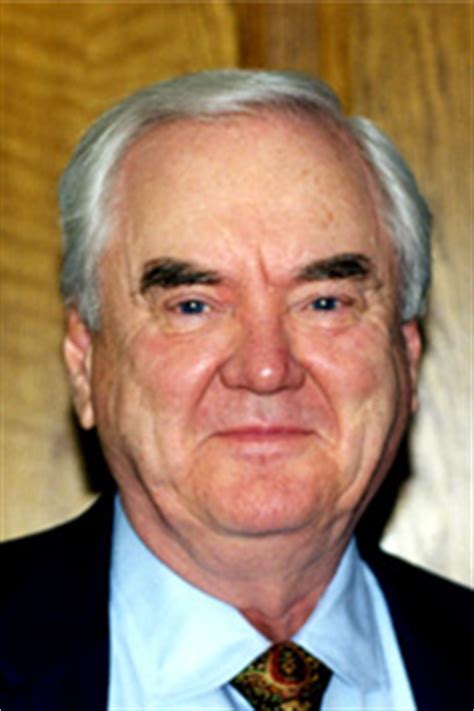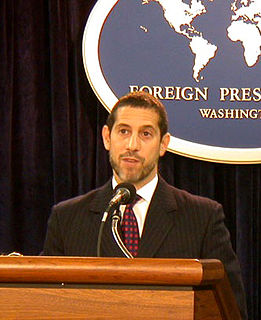A Quote by Karl Mannheim
The distrust and suspicion which men everywhere evidence toward their adversaries, at all states of historical development, may be regarded as the immediate precursor to the notion of ideology.
Related Quotes
Economy and ideology. The claim (presented as an essential postulate of historical materialism) that every fluctuation of politics and ideology can be presented and expounded as an immediate expression of the structure, must be contested in theory as primitive infantilism, and combated in practice with the authentic testimony of Marx, the author of concrete political and historical works.
Since the 1960s, we have seen the failure of the melting pot ideology. This ideology suggested that different historical, cultural and socioeconomic backgrounds could be subordinated to a larger ideology or social amalgam which is "America." This concept obviously did not work, because paradoxically America encourages a politics of contestation.
I do not see class as a 'structure', nor even as a 'category', but as something which in fact happens (and can be shown to have happened) in human relationships... the notion of class entails the notion of historical relationship. ...And class happens when some men, as a result of common experiences (inherited or shared), feel and articulate the identity of their interests as between themselves, and as against other men whose interests are different from (and usually opposed to) theirs
I will make love my greatest weapon and none on whom I call can defend against its force.
My reasoning they may counter; my speech they may distrust; my apparel they may disapprove; my face they may reject; and even my bargains may cause them suspicion; yet my love will melt all hearts liken to the sun whose rays soften the coldest clay.
I will greet this day with love in my heart.
Our adversaries [ the Confederate States of America ] have adopted some declarations of independence in which, unlike the good old one penned by Jefferson, they omit the words "all men are created equal." Why? They have adopted a temporary national constitution, in the preamble of which, unlike our good old one, signed by Washington, they omit "We, the People," and substitute "We, the deputies of the sovereign and independent States." Why? Why this deliberate pressing out of view, the rights of men, and the authority of the people?
On the philosophical level, both Buddhism and modern science share a deep suspicion of any notion of absolutes, whether conceptualize as a transcendent being, as an eternal, unchanging principle such as soul, or as a fundamental substratum of reality. ... In the Buddhist investigation of reality, at least in principle, empirical evidence should triumph over scriptural authority, no matter how deeply venerated a scripture may be.
When you see a Donald Trump and a Bernie Sanders, very unconventional candidates, have considerable success, then obviously there's something there that's being tapped into; a suspicion on globalization, a desire to reign in it's excesses, a suspicion of elites and governing institutions that people feel may not be responsive to their immediate needs. And that sometimes gets wrapped up in issues of ethnic identify or religious identity or cultural identity, and that can be a volatile mix.
Hypostatized into a ritual pattern, Marxian theory becomes ideology. But its content and function distinguish it from classical forms of ideology; it is not false consciousness, but a rather consciousness of falsehood, a falsehood which is corrected in the context of the higher truth represented by the objective historical interest.
One of the problems with the kill-or-capture metric is that it has often been to the exclusion of having a deeper, richer understanding of the movement, its origins, and our adversaries' mindset. The nuances are absolutely critical. Our adversaries are wedded to the ideology that informs and fuels their struggle, and, by not paying attention, we risk not knowing our enemy.






































